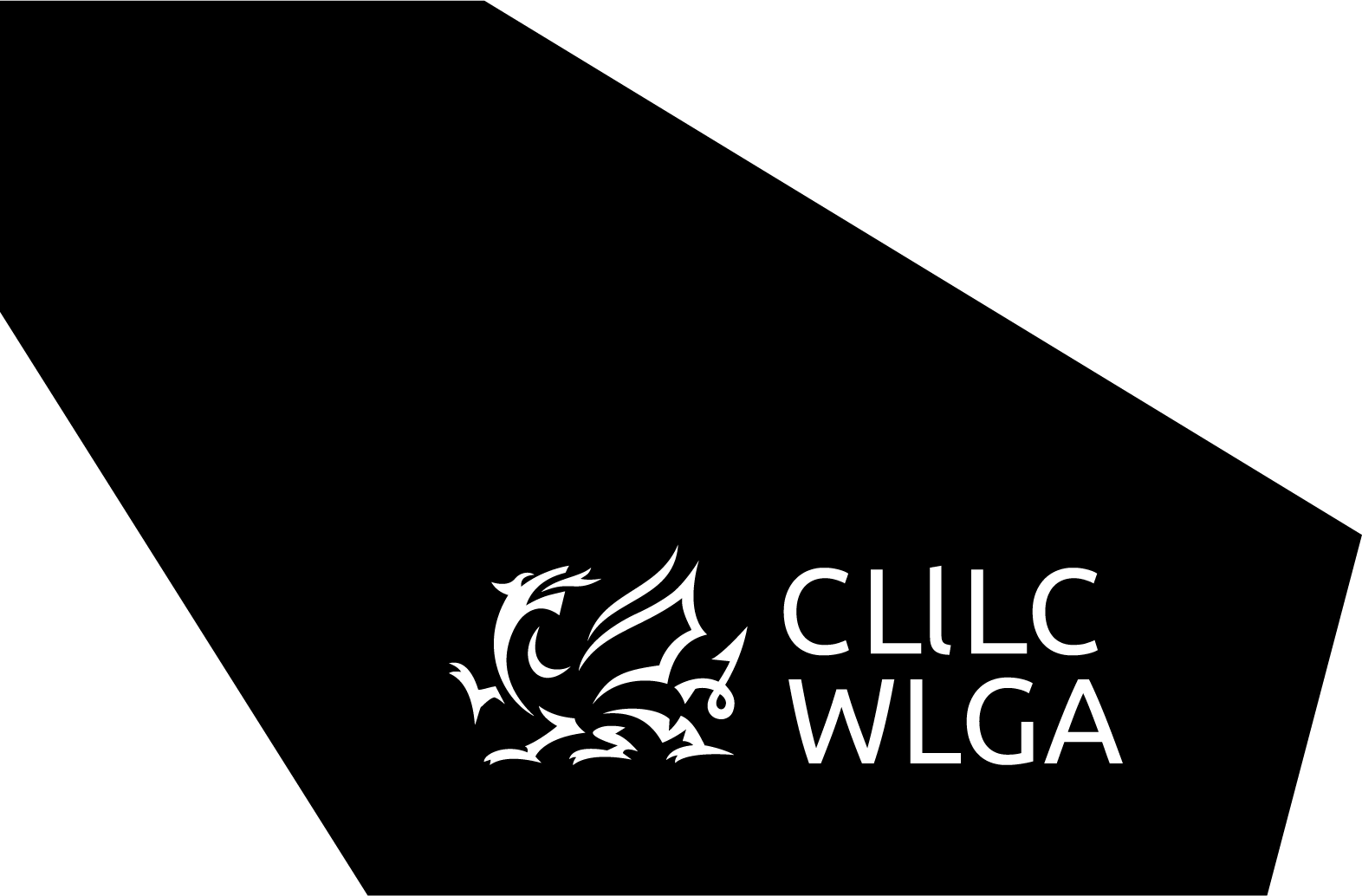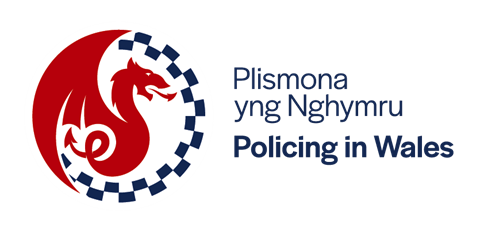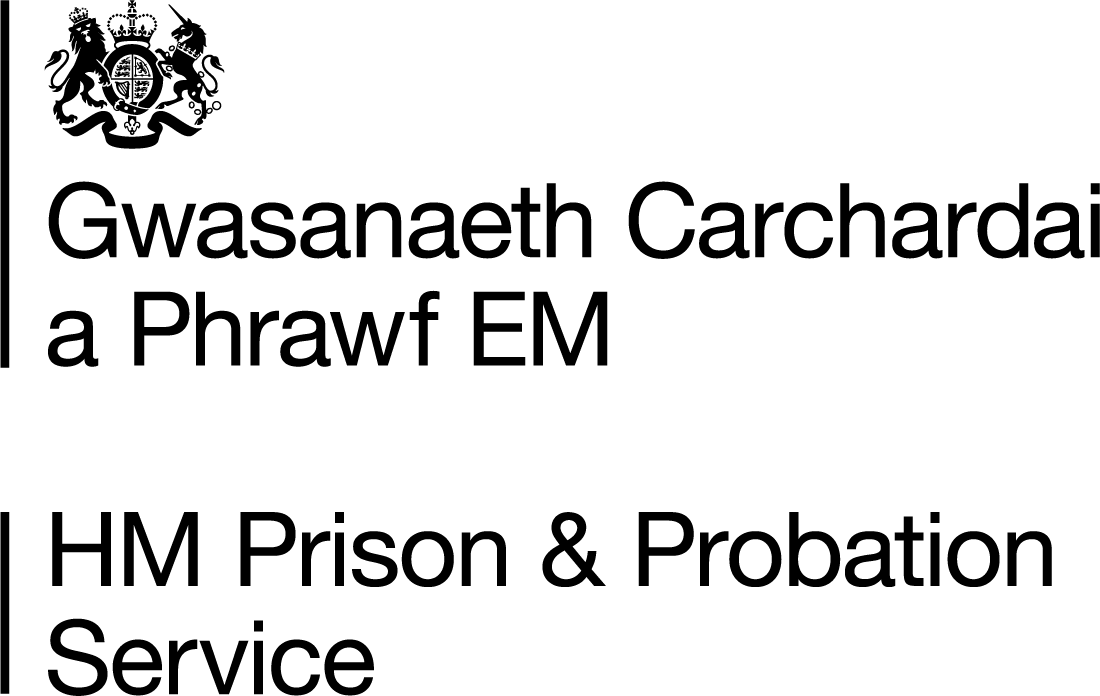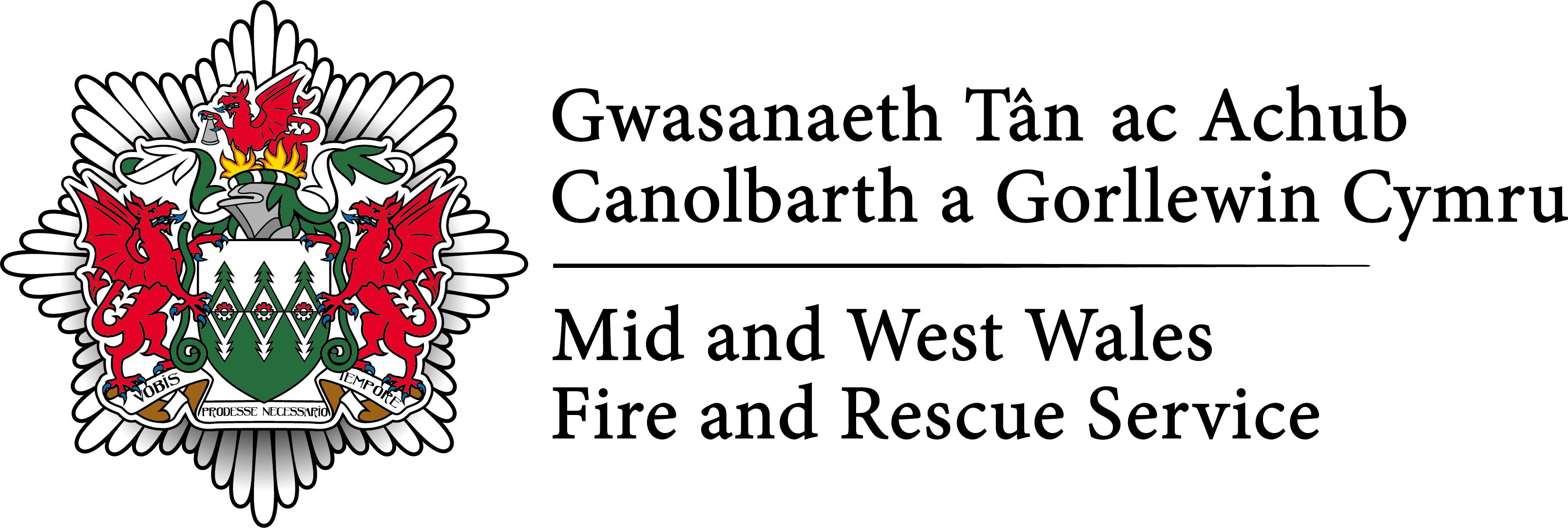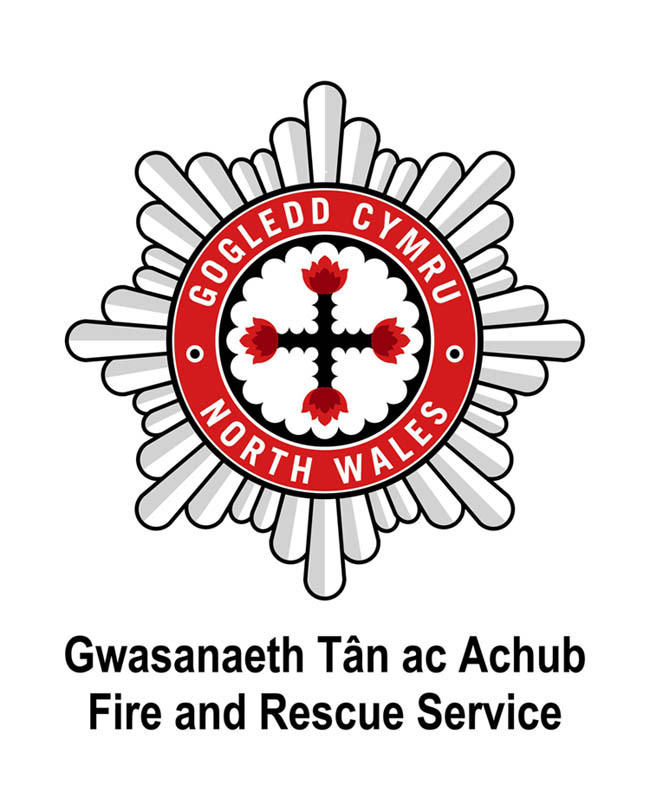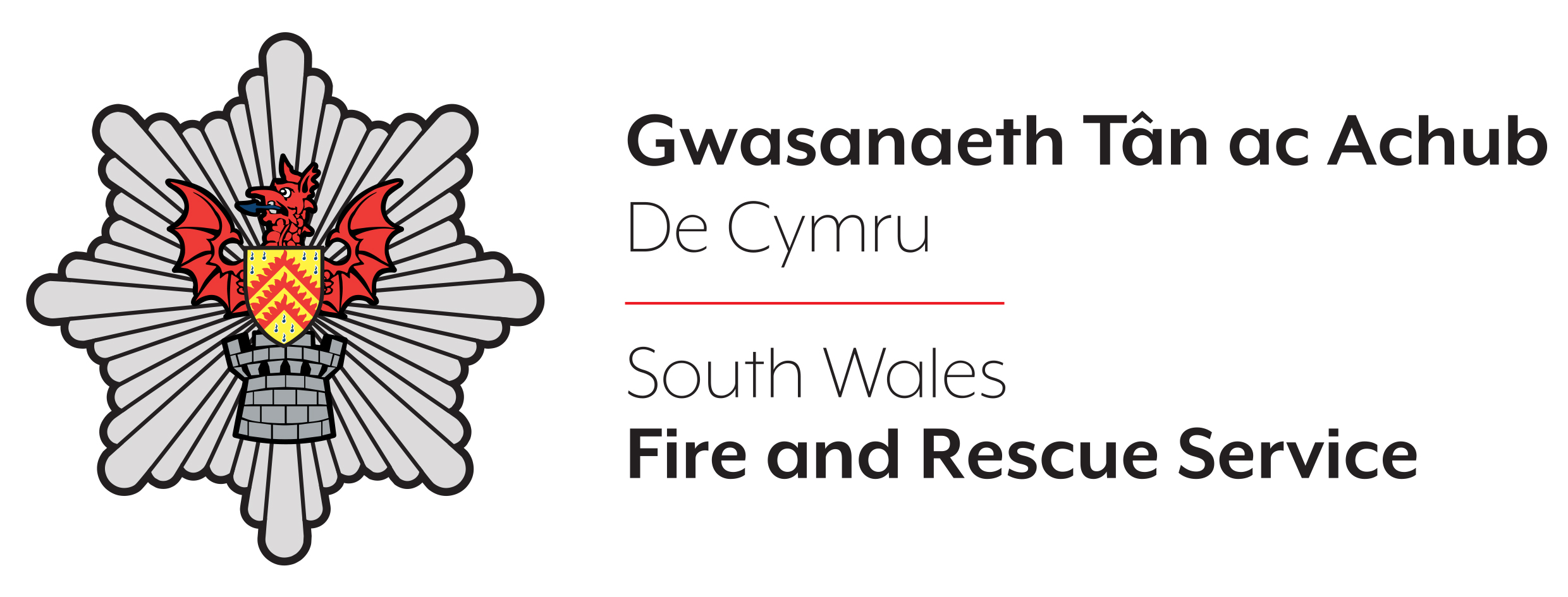The Anti-Social Behaviour, Crime and Policing Act 2014 provides police with the power to require hotels and similar establishments to provide information about guests where they believe child sexual exploitation has taken place.
Social Services and Wellbeing (Wales) Act 2014 has included the provision of statutory guidance on understanding, preventing and responding to child sexual exploitation through the Safeguarding children from child sexual exploitation guidance. The Wales Safeguarding Procedures include a practice guide on safeguarding children from child sexual exploitation.
Serious Crime Act 2015 and Sexual Offences Act 2003 make it illegal in England and Wales to:
- Incite or cause a child aged under 16 to engage in sexual activity
- Facilitate a child sex offence
- Meet a child following sexual grooming
- Have sexual communication with a child under the age of 16
- Take, make or possess indecent photographs and images of children under the age of 18
- Sexually exploit a child aged under 18.
In England and Wales the offence of grooming applies to anyone over 18 who grooms anyone under 16.
The Home Office provides guidance on the Sexual Offences Act 2003, including the different sexual offences and their maximum penalties. The guidance also covers Sexual Harm Prevention Orders and Sexual Risk Orders. With guidelines on prosecuting cases of child sexual abuse provided by the Crown Prosecution Service.
“Sarah’s Law” means that under the Child sex offender disclosure scheme anyone in England and Wales can ask the police if someone with access to a child has a record for child sexual offences. The Police will reveal details confidentially to the person most able to protect the child if they think it is in the child’s interest.
The Safeguarding Vulnerable Groups Act 2006 provides the framework for the vetting and barring of people seeking to work with children.
There is guidance to support practitioners who are carrying out medical examinations of children and young people who have or are thought to have experienced sexual abuse and exploitation.








